11 'Healthy Fats' You Should Be Eating More Of (And Why)
In recent years, the narrative surrounding dietary fats has undergone a significant transformation. Once demonized as the primary culprits in the battle against heart disease and obesity, fats have been re-evaluated, revealing a more nuanced understanding of their essential role in a balanced diet. The journey to embracing healthy fats begins with an understanding of their diverse functions within the body. This article will explore 11 essential healthy fats, each offering distinct advantages that justify their inclusion in a balanced diet. Through this journey, we aim to dispel myths, provide clarity, and offer practical guidance on incorporating these fats into everyday meals. So, let's embark on this enlightening journey and discover the nourishing power of healthy fats.
1. Avocados: The Creamy Powerhouse
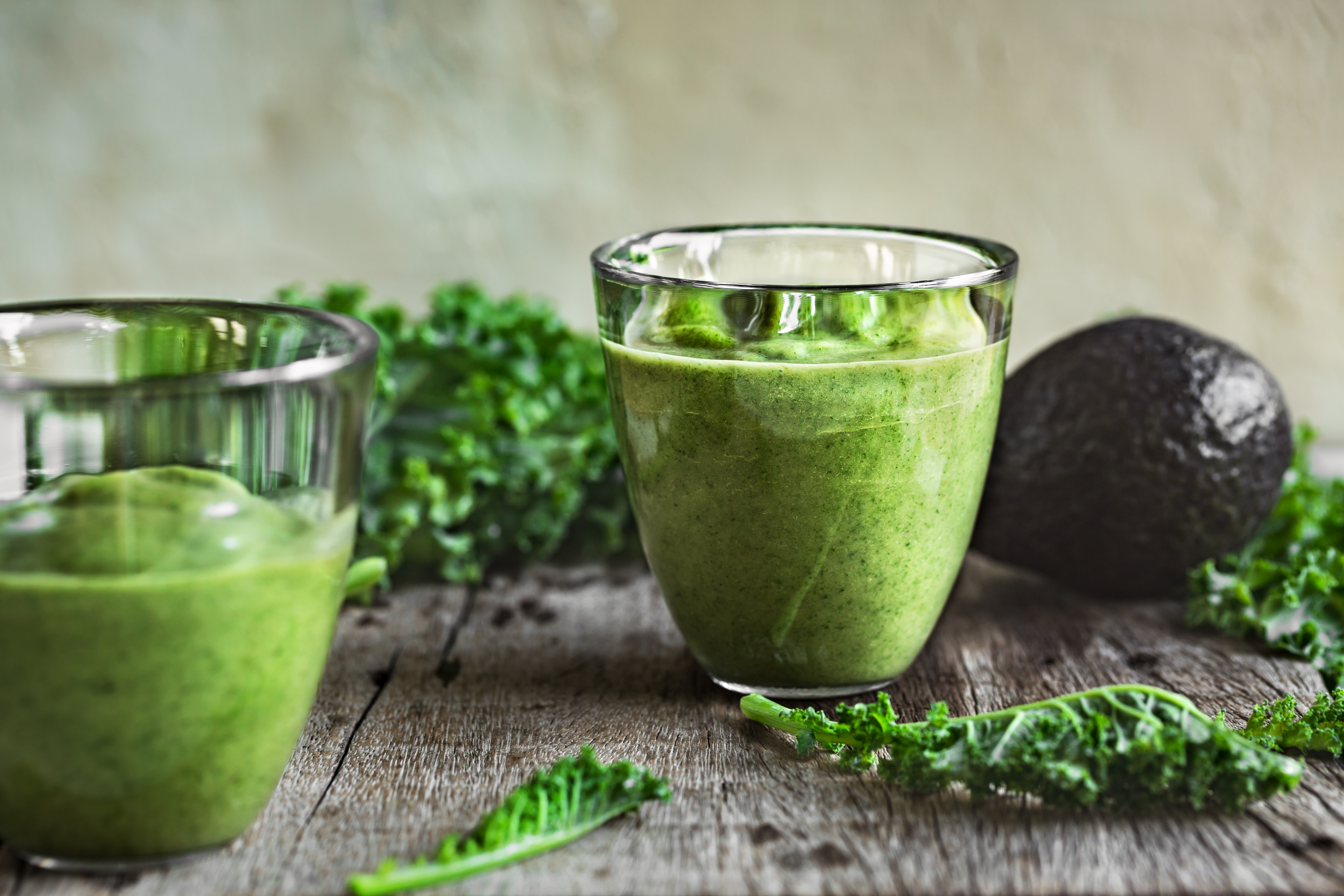
Avocados have become synonymous with the modern healthy diet, and for good reason. These creamy fruits are rich in monounsaturated fats, particularly oleic acid, which has been linked to reduced inflammation and improved heart health. Unlike other fruits, avocados provide a substantial amount of healthy fats, making them a unique addition to any meal. Their versatility allows them to be incorporated into a variety of dishes, from salads to smoothies, providing a creamy texture and a wealth of nutrients. In addition to their fat content, avocados are packed with vitamins and minerals, including potassium, vitamin K, and folate. Potassium is essential for maintaining healthy blood pressure levels, while vitamin K plays a critical role in bone health and blood clotting. The high fiber content of avocados also contributes to digestive health and can aid in weight management by promoting a feeling of fullness. This combination of nutrients makes avocados an excellent choice for those looking to boost their nutrient intake while enjoying the benefits of healthy fats. Moreover, avocados contain antioxidants such as lutein and zeaxanthin, which are vital for eye health. These compounds help protect the eyes from harmful light waves and may reduce the risk of age-related eye diseases. By including avocados in your diet, you not only enjoy their delicious taste but also support your overall health. Whether spread on toast, blended into a smoothie, or sliced into a salad, avocados offer a simple and delicious way to embrace the power of healthy fats.
2. Olive Oil: Liquid Gold for Your Health

Olive oil, often referred to as "liquid gold," has been a staple of Mediterranean diets for centuries. Its reputation as a health-promoting fat is well-deserved, largely due to its high content of monounsaturated fats and polyphenols. The primary fat found in olive oil is oleic acid, which has been shown to reduce inflammation and may have beneficial effects on genes linked to cancer. Regular consumption of olive oil has been associated with a reduced risk of cardiovascular diseases, making it a heart-healthy choice. The benefits of olive oil extend beyond its fat content. It is rich in antioxidants, which help combat oxidative stress and reduce inflammation in the body. These antioxidants, including vitamin E and various phenolic compounds, play a crucial role in protecting the body from chronic diseases. Studies have shown that diets rich in olive oil can improve markers of heart health, such as lowering LDL cholesterol levels and increasing HDL cholesterol levels. Incorporating olive oil into your diet is simple and versatile. It can be used as a base for salad dressings, drizzled over vegetables, or used for cooking at moderate temperatures. The key to maximizing the health benefits of olive oil is to choose extra virgin varieties, which are less processed and retain more of the beneficial nutrients. By making olive oil a regular part of your diet, you can enjoy its flavorful taste while reaping the numerous health benefits it offers.
3. Nuts: Tiny Packages of Nutrient-Dense Energy

Nuts are small but mighty when it comes to their nutritional profile. They are an excellent source of healthy fats, particularly monounsaturated and polyunsaturated fats, which are essential for heart health. Each type of nut offers a unique blend of nutrients, but they all share the common benefit of being rich in healthy fats, protein, and fiber. This combination makes nuts a satisfying and energy-boosting snack that can help support weight management by promoting satiety. Almonds, for example, are high in vitamin E, an antioxidant that supports skin health and protects cells from oxidative damage. Walnuts are a notable source of alpha-linolenic acid (ALA), a plant-based omega-3 fatty acid that supports brain health and may reduce inflammation. Cashews provide a good amount of magnesium, which is essential for bone health and energy production. The diversity of nutrients found in nuts makes them a valuable addition to any diet. Regular consumption of nuts has been linked to numerous health benefits, including reduced risk of heart disease, improved cholesterol levels, and better blood sugar control. Despite their high-calorie content, studies have shown that eating nuts does not lead to weight gain and may even support weight loss efforts. This is likely due to their ability to enhance feelings of fullness and reduce overall calorie intake. By incorporating a variety of nuts into your diet, you can enjoy their flavorful crunch while supporting your overall health.
4. Seeds: Tiny Nutritional Powerhouses
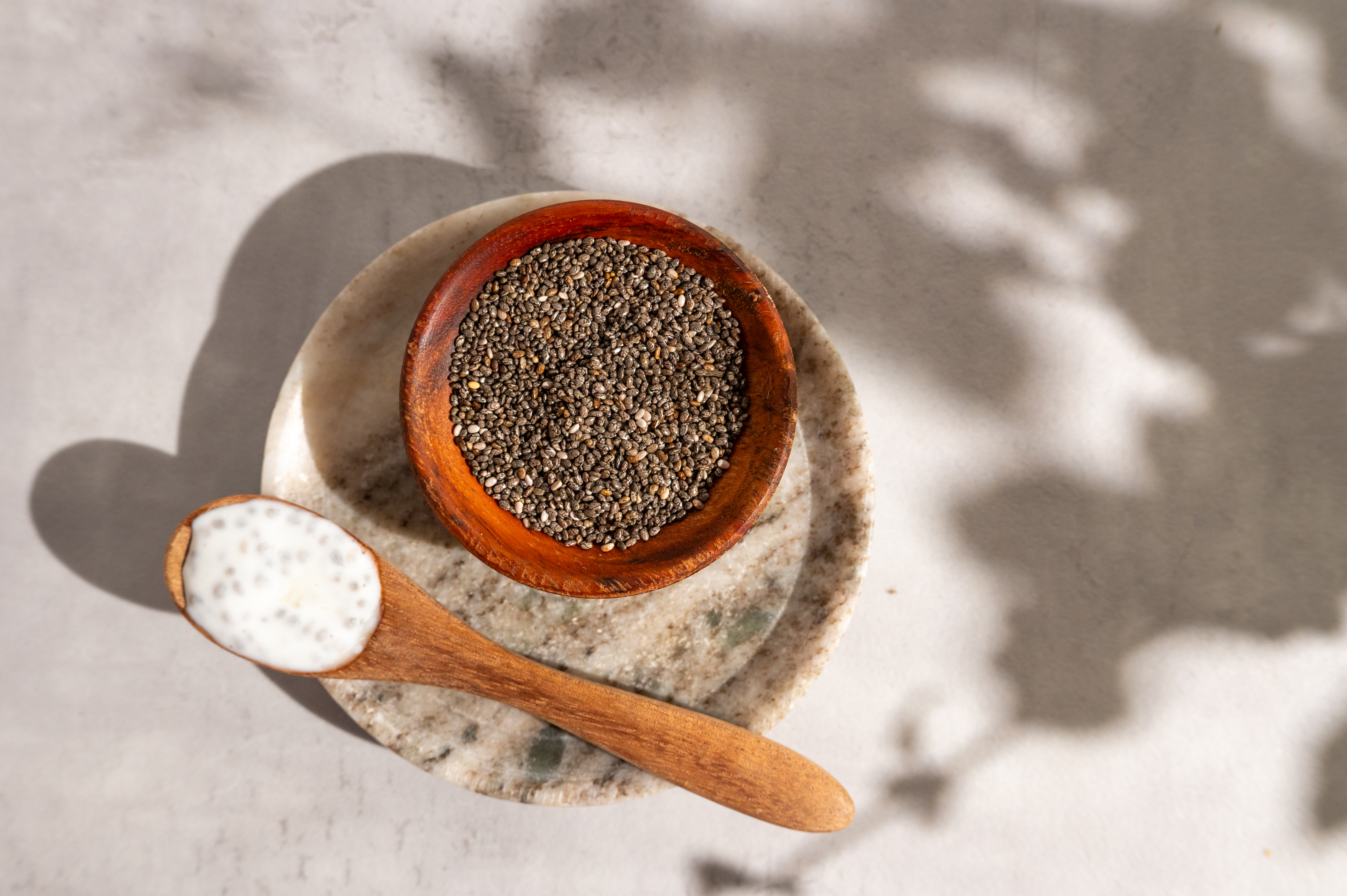
Seeds may be small, but they are packed with nutrients and healthy fats that can have a big impact on your health. Chia seeds, flaxseeds, and hemp seeds are particularly renowned for their high content of omega-3 fatty acids, fiber, and protein. These seeds are an excellent plant-based source of healthy fats, making them an ideal choice for vegetarians and vegans looking to boost their omega-3 intake. The healthy fats found in seeds support heart health, brain function, and reduce inflammation. Chia seeds are rich in alpha-linolenic acid (ALA), a type of omega-3 fatty acid that has been shown to lower the risk of heart disease. They also contain a significant amount of fiber, which aids in digestion and promotes a feeling of fullness. Flaxseeds are another excellent source of ALA and are known for their lignan content, which may have cancer-fighting properties. Hemp seeds are unique in that they provide a complete protein, containing all nine essential amino acids, making them an excellent choice for muscle repair and growth. Incorporating seeds into your diet is easy and versatile. They can be sprinkled on yogurt, added to smoothies, or used as a topping for salads and oatmeal. Their mild flavor allows them to be easily integrated into a variety of dishes, enhancing both the nutritional value and texture. By including seeds in your diet, you can enjoy their myriad health benefits while adding a satisfying crunch to your meals.
5. Fatty Fish: The Omega-3 Rich Delicacy
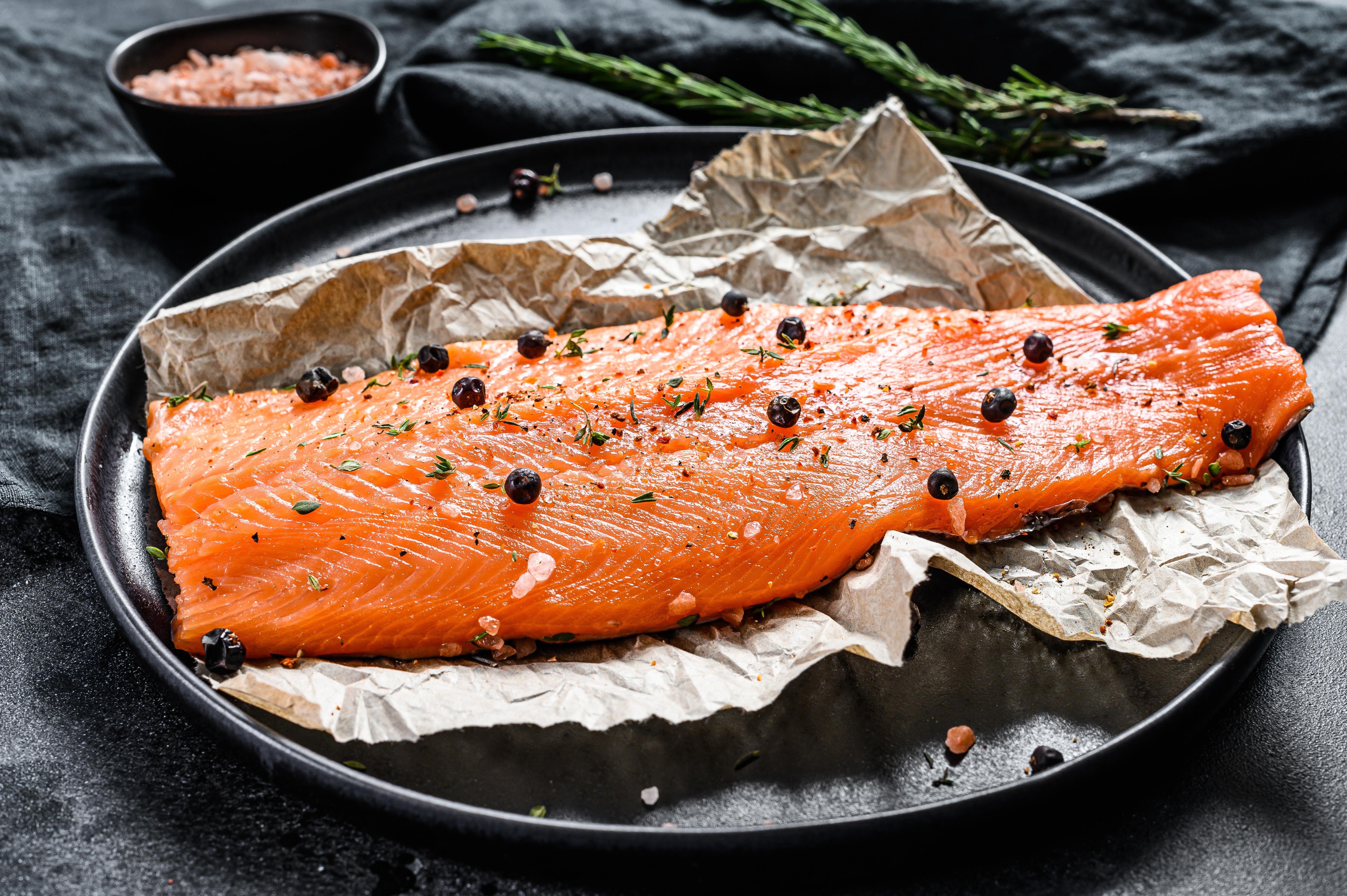
Fatty fish, such as salmon, mackerel, sardines, and trout, are among the best sources of omega-3 fatty acids, which are essential for maintaining heart and brain health. Omega-3s, particularly eicosapentaenoic acid (EPA) and docosahexaenoic acid (DHA), play a crucial role in reducing inflammation, lowering blood pressure, and improving overall cardiovascular health. Regular consumption of fatty fish has been associated with a reduced risk of heart disease, making it an important component of a heart-healthy diet. In addition to their omega-3 content, fatty fish are an excellent source of high-quality protein, which is essential for muscle growth and repair. They are also rich in important nutrients such as vitamin D and selenium, which support immune function and bone health. The combination of healthy fats, protein, and essential vitamins and minerals makes fatty fish a nutritional powerhouse that can support overall health and well-being. Incorporating fatty fish into your diet is both delicious and versatile. They can be grilled, baked, or poached and served with a variety of sides, making them a versatile option for any meal. For those who prefer not to eat fish, fish oil supplements can provide a convenient alternative to ensure adequate omega-3 intake. By including fatty fish in your diet, you can enjoy their rich flavor while reaping the numerous health benefits they offer.
6. Coconut Oil: A Tropical Treasure
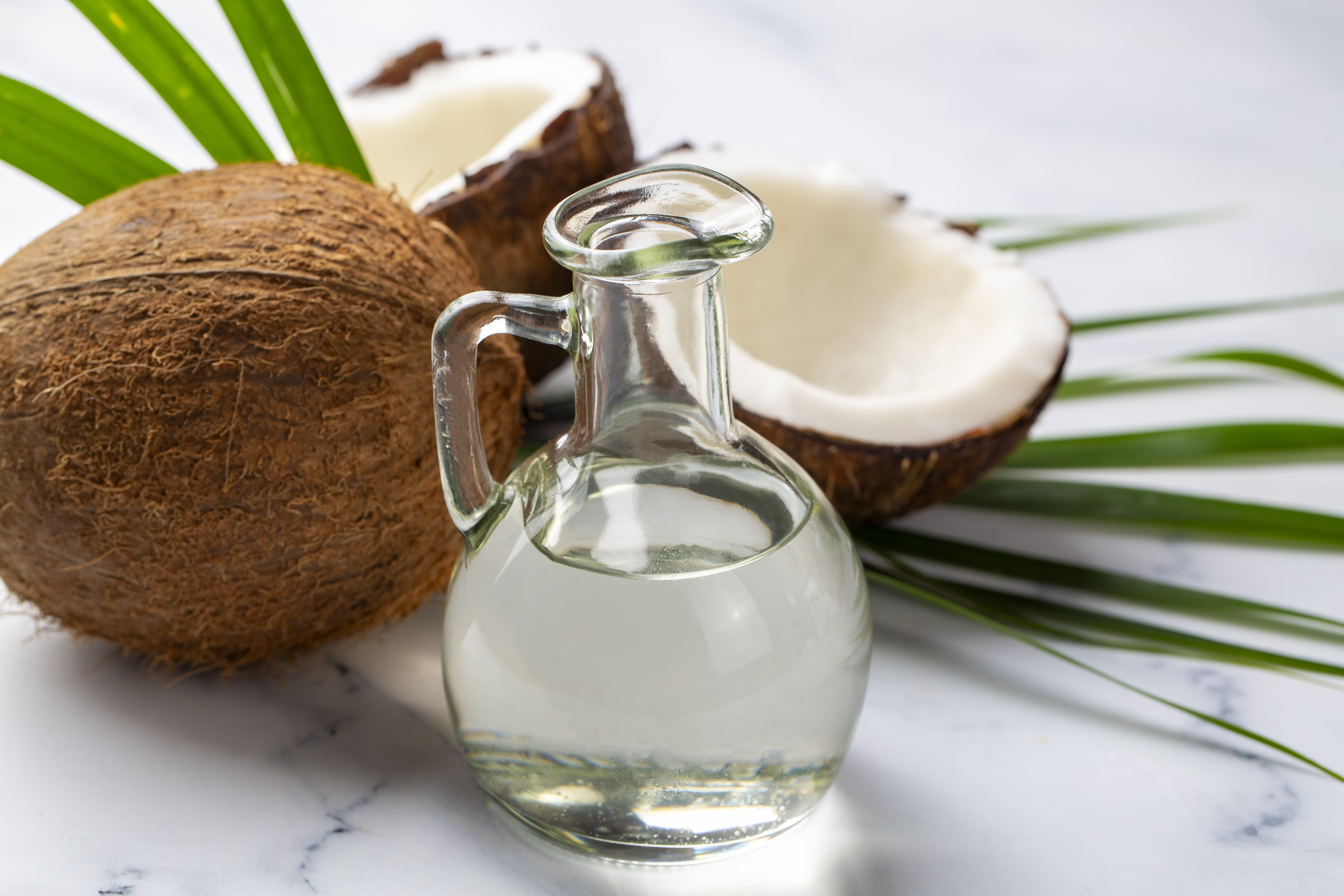
Coconut oil has gained popularity in recent years as a versatile and health-promoting fat. Unlike many other plant-based oils, coconut oil is high in saturated fats, particularly medium-chain triglycerides (MCTs), which are metabolized differently than other types of fats. MCTs are quickly absorbed and used for energy, making coconut oil a popular choice among athletes and those following low-carb diets. Despite its high saturated fat content, coconut oil has been linked to various health benefits, including improved brain function and increased fat burning. The unique composition of coconut oil makes it particularly beneficial for brain health. The MCTs in coconut oil are converted into ketones, which can provide an alternative source of energy for the brain. This has led to interest in coconut oil as a potential therapeutic option for neurodegenerative diseases such as Alzheimer's. Additionally, coconut oil has antimicrobial properties due to its lauric acid content, which can help support immune function and protect against harmful pathogens. Incorporating coconut oil into your diet is simple and versatile. It can be used for cooking at high temperatures, added to smoothies, or used as a spread. Its mild, sweet flavor makes it a delicious addition to both sweet and savory dishes. By including coconut oil in your diet, you can enjoy its unique health benefits while adding a tropical twist to your meals.
7. Dark Chocolate: The Sweet Indulgence with Benefits

Dark chocolate is a delicious treat that also offers a surprising array of health benefits. Unlike milk chocolate, dark chocolate is rich in healthy fats, particularly stearic acid, which has a neutral effect on cholesterol levels. It is also high in antioxidants, including flavonoids, which have been shown to improve heart health by reducing inflammation and lowering blood pressure. The combination of healthy fats and antioxidants makes dark chocolate a heart-healthy indulgence that can be enjoyed in moderation. In addition to its heart health benefits, dark chocolate has been shown to improve brain function and mood. The flavonoids in dark chocolate can increase blood flow to the brain, enhancing cognitive function and reducing the risk of neurodegenerative diseases. Dark chocolate also contains compounds that stimulate the production of endorphins, which can improve mood and promote feelings of well-being. This makes dark chocolate a delicious way to support both mental and emotional health. When choosing dark chocolate, it is important to select varieties with a high cocoa content, as these contain the highest levels of beneficial compounds. Aim for chocolate that contains at least 70% cocoa to maximize health benefits. By enjoying dark chocolate in moderation, you can satisfy your sweet tooth while supporting your overall health.
8. Eggs: The Incredibly Edible Nutrient Bomb

Eggs have long been a dietary staple, and for good reason. They are an excellent source of high-quality protein and healthy fats, particularly monounsaturated and polyunsaturated fats. Despite past concerns about their cholesterol content, research has shown that eggs do not significantly impact blood cholesterol levels for most people. Instead, they provide a wide range of essential nutrients, including vitamins A, D, E, and B12, as well as choline, which is important for brain health. The healthy fats found in eggs, particularly omega-3 enriched varieties, support heart health and reduce inflammation. Eggs are also rich in antioxidants such as lutein and zeaxanthin, which are crucial for maintaining eye health and reducing the risk of age-related macular degeneration. The combination of healthy fats, protein, and essential nutrients makes eggs a nutritional powerhouse that can support overall health and well-being. Incorporating eggs into your diet is both simple and versatile. They can be enjoyed boiled, scrambled, poached, or as part of a variety of dishes, from omelets to salads. Their versatility makes them an easy addition to any meal, providing a satisfying and nutrient-dense option. By including eggs in your diet, you can enjoy their delicious taste while reaping the numerous health benefits they offer.
9. Full-Fat Dairy: A Return to Tradition
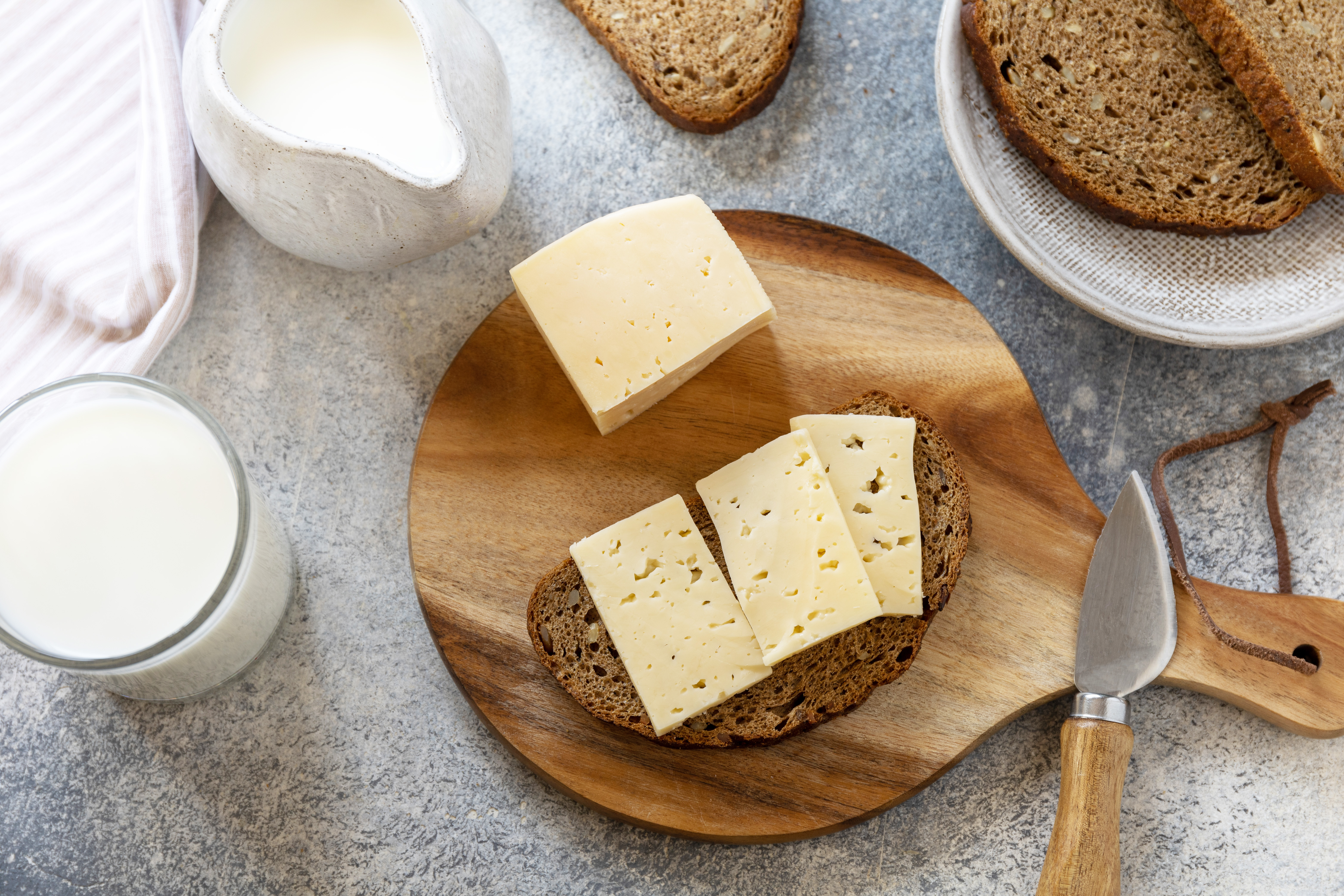
Full-fat dairy products, such as whole milk, cheese, and yogurt, have made a comeback in recent years as research has highlighted their potential health benefits. Unlike their low-fat counterparts, full-fat dairy products contain a higher concentration of healthy fats, particularly conjugated linoleic acid (CLA), which has been linked to reduced body fat and improved metabolic health. The healthy fats in full-fat dairy can also support heart health by improving cholesterol levels and reducing inflammation. In addition to their fat content, full-fat dairy products are rich in essential nutrients such as calcium, vitamin D, and phosphorus, which are crucial for maintaining strong bones and teeth. They also provide a good source of protein, which is important for muscle repair and growth. The combination of healthy fats, protein, and essential nutrients makes full-fat dairy a valuable addition to a balanced diet. Incorporating full-fat dairy into your diet is both delicious and versatile. It can be enjoyed on its own or used as an ingredient in a variety of dishes, from smoothies to sauces. The key to enjoying full-fat dairy is moderation, as it is higher in calories than low-fat options. By including full-fat dairy in your diet, you can enjoy its rich flavor while supporting your overall health.
10. Grass-Fed Meats: Quality Over Quantity

Grass-fed meats have gained popularity as a healthier alternative to conventionally raised meats. Unlike grain-fed animals, grass-fed animals are raised on a natural diet of grass, which results in meat that is higher in omega-3 fatty acids and lower in saturated fats. The healthy fats found in grass-fed meats support heart health and reduce inflammation, making them a valuable addition to a balanced diet. In addition to their fat content, grass-fed meats are rich in essential nutrients such as vitamin E, beta-carotene, and conjugated linoleic acid (CLA), which have been linked to various health benefits, including improved immune function and reduced risk of chronic diseases. The combination of healthy fats and essential nutrients makes grass-fed meats a nutritious choice for those looking to improve their overall health. Incorporating grass-fed meats into your diet is both delicious and versatile. They can be enjoyed grilled, roasted, or used as an ingredient in a variety of dishes, from stews to salads. The key to enjoying grass-fed meats is moderation, as they are higher in calories than leaner cuts. By including grass-fed meats in your diet, you can enjoy their rich flavor while supporting your overall health.
11. Nut Butters: Creamy and Nutritious
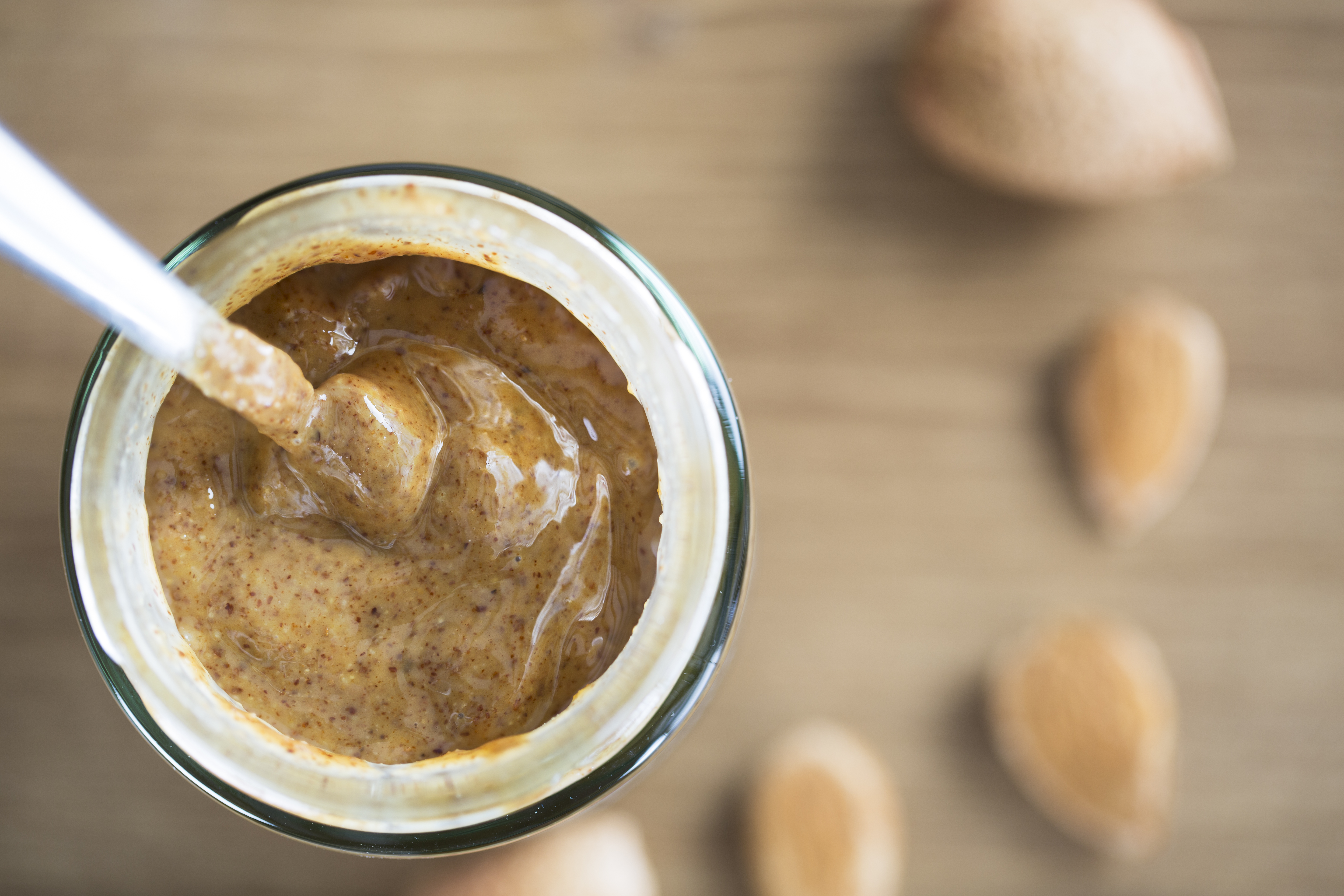
Nut butters, such as almond butter, peanut butter, and cashew butter, are a delicious and convenient way to enjoy the health benefits of nuts. They are rich in healthy fats, particularly monounsaturated and polyunsaturated fats, which support heart health and reduce inflammation. The healthy fats in nut butters also provide a source of sustained energy, making them an ideal choice for a quick and satisfying snack. In addition to their fat content, nut butters are a good source of protein, fiber, and essential nutrients such as vitamin E, magnesium, and zinc. These nutrients support various aspects of health, from immune function to bone health. The combination of healthy fats, protein, and essential nutrients makes nut butters a valuable addition to a balanced diet. Incorporating nut butters into your diet is both simple and versatile. They can be spread on toast, added to smoothies, or used as a dip for fruits and vegetables. Their creamy texture and rich flavor make them a satisfying addition to any meal or snack. By including nut butters in your diet, you can enjoy their delicious taste while reaping the numerous health benefits they offer.
Embracing the Power of Healthy Fats
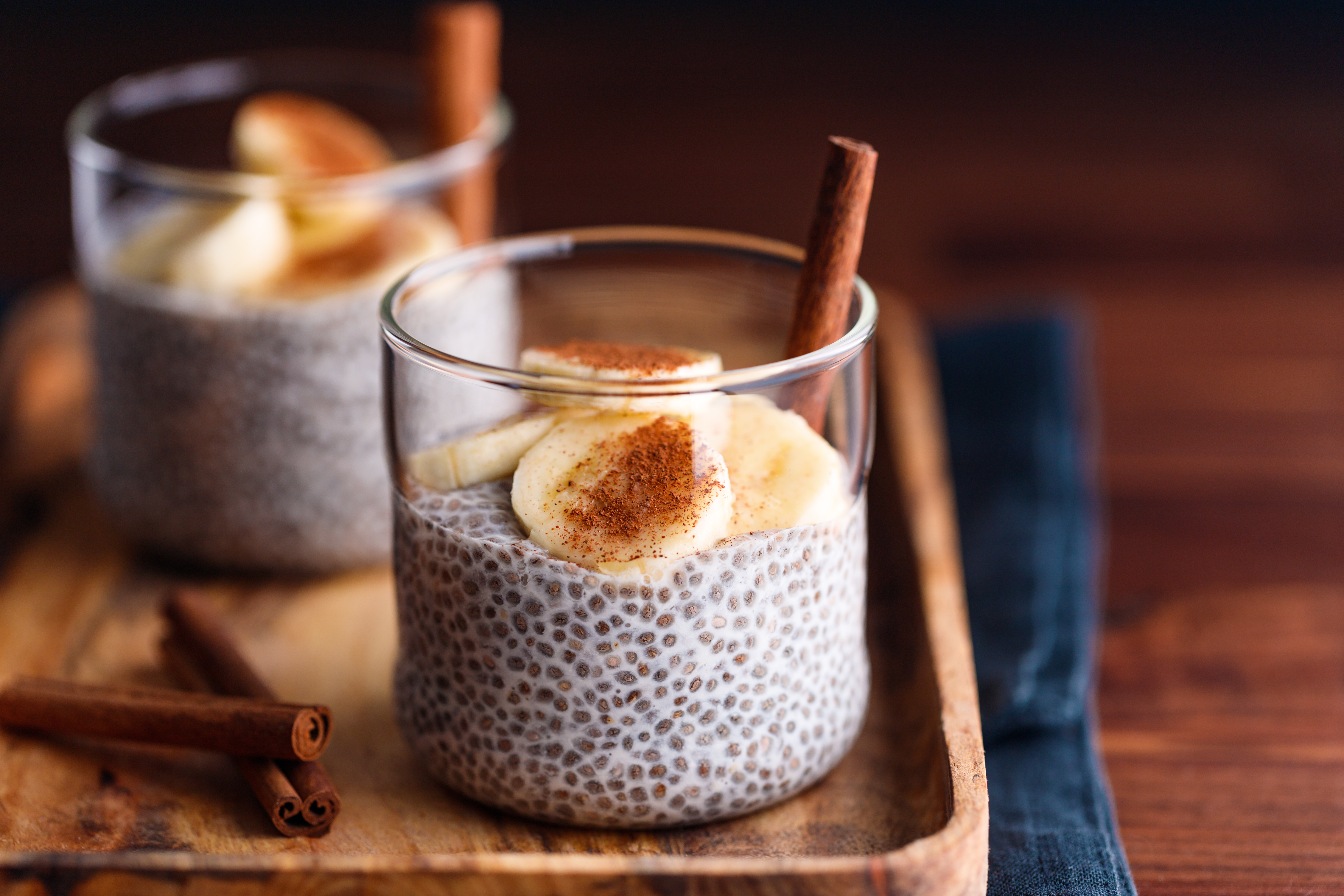
The key to reaping the benefits of healthy fats is to focus on whole, unprocessed sources and incorporate a variety of foods into your diet. This ensures that you receive a wide range of nutrients and health benefits, supporting both immediate health needs and long-term wellness goals. By making informed choices and embracing the power of healthy fats, you can enjoy a diet that is both nutritious and delicious. Incorporating healthy fats into your diet is not about restriction but about balance and enjoyment. By understanding the unique benefits of each food and how they contribute to your overall health, you can make choices that support your well-being and enhance your quality of life. So, embrace the power of healthy fats and discover the delicious and nourishing possibilities they offer.